We are looking to recruit an impact champion in UOA 20 (the Unit of Assessment for Social Work and Social Policy) to help support preparations for our submission to REF2029. The deadline for expressions of interest is the Tuesday 30th April 2024.
This role is recruited through an open and transparent process, which gives all academic staff the opportunity to put themselves forward. Applications from underrepresented groups (e.g. minority ethnic, declared disability) are particularly welcome.
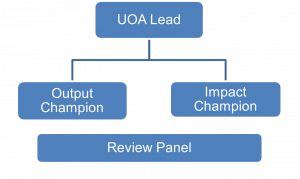 We are currently preparing submissions to thirteen units (otherwise known as UOAs). Each unit has a leadership team with at least one leader, an output and impact champion. The leadership team is supported by a panel of reviewers who assess the research from the unit. This includes research outputs (journal articles, book chapters, digital artefacts and conference proceedings) and impact case studies.
We are currently preparing submissions to thirteen units (otherwise known as UOAs). Each unit has a leadership team with at least one leader, an output and impact champion. The leadership team is supported by a panel of reviewers who assess the research from the unit. This includes research outputs (journal articles, book chapters, digital artefacts and conference proceedings) and impact case studies.
All roles require a level of commitment which is recognised accordingly, with time to review, attend meetings, and take responsibility for tasks.
This vacancy is for a joint impact champion for UOA 20 Social Work and Social Policy. This role exists as a job share with an existing impact champion, on the basis of a combined total of 0.2 FTE (split to be decided in discussion with the successful applicant).
Undertaking a UOA role can be enjoyable and rewarding, as one of our current impact champions can testify:
“As a UoA 17 impact champion, I work closely with the UoA 17 impact team to encourage the development of a culture of impact across BUBS. I try to pop into Department / research group meetings when I can to discuss impact, and I’ve enjoyed meeting people with a whole range of research interests. Sometimes it can be tough to engage people with impact – understandably; everyone is busy – so it’s important to be enthusiastic about the need for our BU research to reach the public. Overall, the role is about planting the seeds to get researchers thinking about the impact their work might have in the future (as well as the impact they have already had, sometimes without realising!)”
Dr Rafaelle Nicholson – UOA 17 Impact Champion
How to apply
All those interested should put forward a short case (suggested length of one paragraph), explaining why they are interested in the role and what they believe they could bring to it. These should be clearly marked with the relevant role and unit and emailed to ref@bournemouth.ac.uk by Tuesday 30th April 2024.
Further details on the impact champion role, the process of recruitment and selection criteria can be found here:
Role Descriptor
Process and criteria for selection
For more information, please contact ref@bournemouth.ac.uk, or the UoA Leaders Stephanie Schwandner-Sievers and Mel Hughes with queries.
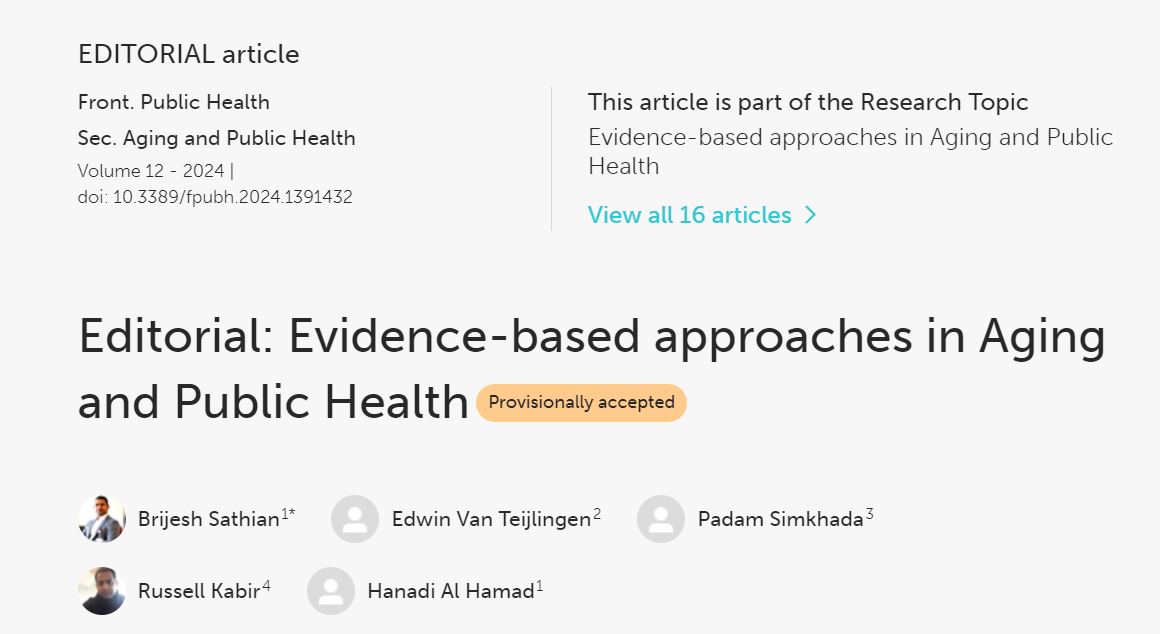 As part of the special issue in Frontiers in Public Health on ‘Evidence-based approaches in Aging and Public Health’ the guest editors included 15 academic papers. These 15 contributions to the Special Issue were introduced in placed in perspective in our editorial ‘Editorial: Evidence-based approaches in Aging and Public Health‘ [1] which was accepted for publication two days ago. The guest editors included two Visiting Faculty to FHSS: Prof. Padam Simkhada and Dr. Brijesh Sathian.
As part of the special issue in Frontiers in Public Health on ‘Evidence-based approaches in Aging and Public Health’ the guest editors included 15 academic papers. These 15 contributions to the Special Issue were introduced in placed in perspective in our editorial ‘Editorial: Evidence-based approaches in Aging and Public Health‘ [1] which was accepted for publication two days ago. The guest editors included two Visiting Faculty to FHSS: Prof. Padam Simkhada and Dr. Brijesh Sathian.


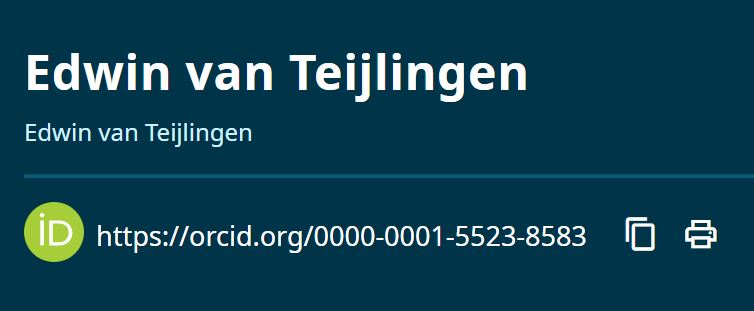


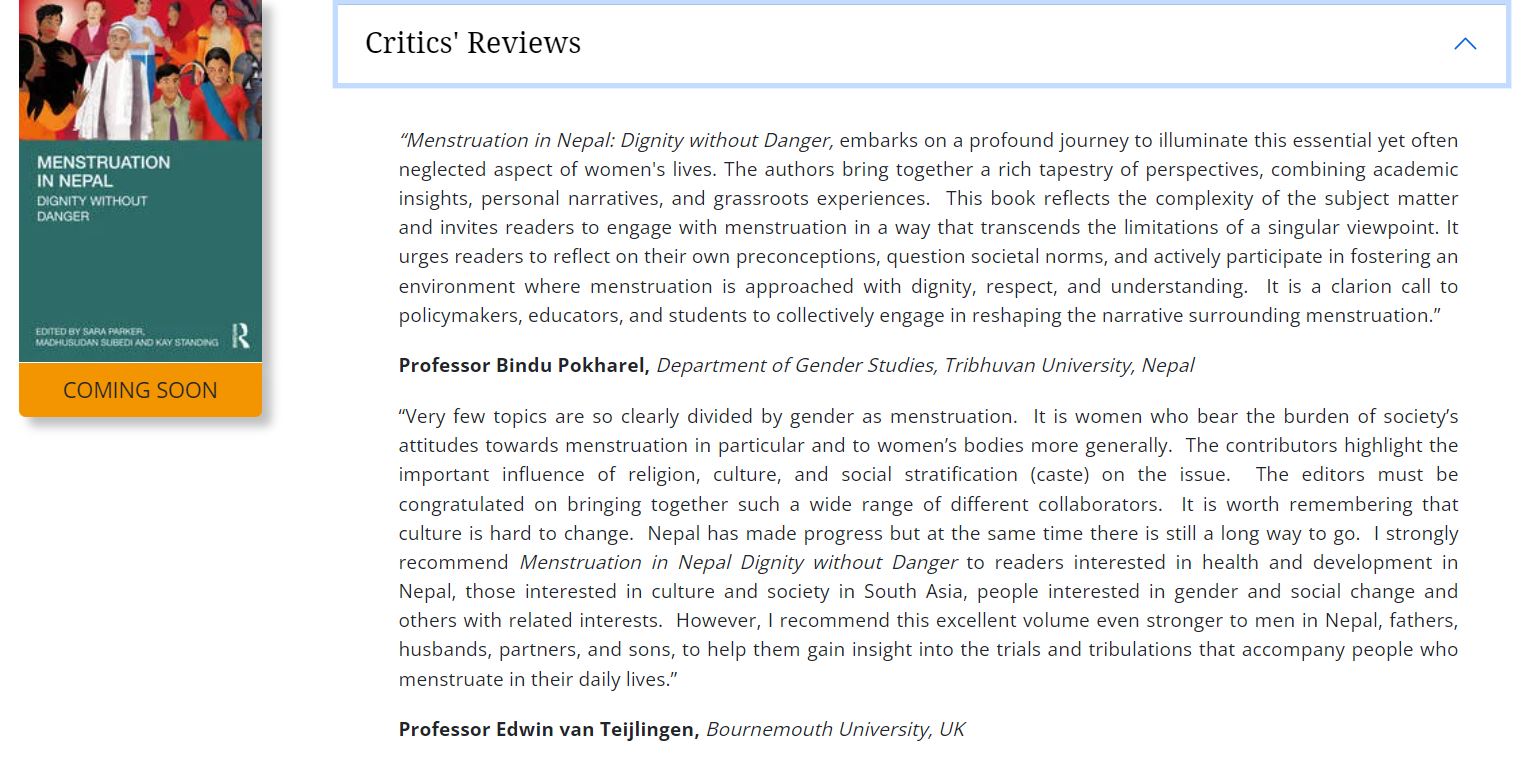
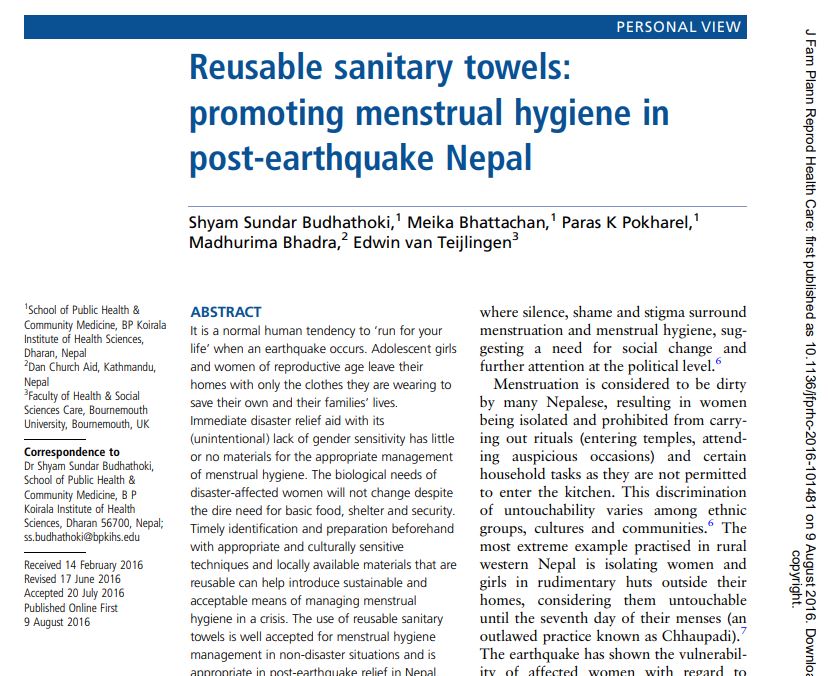

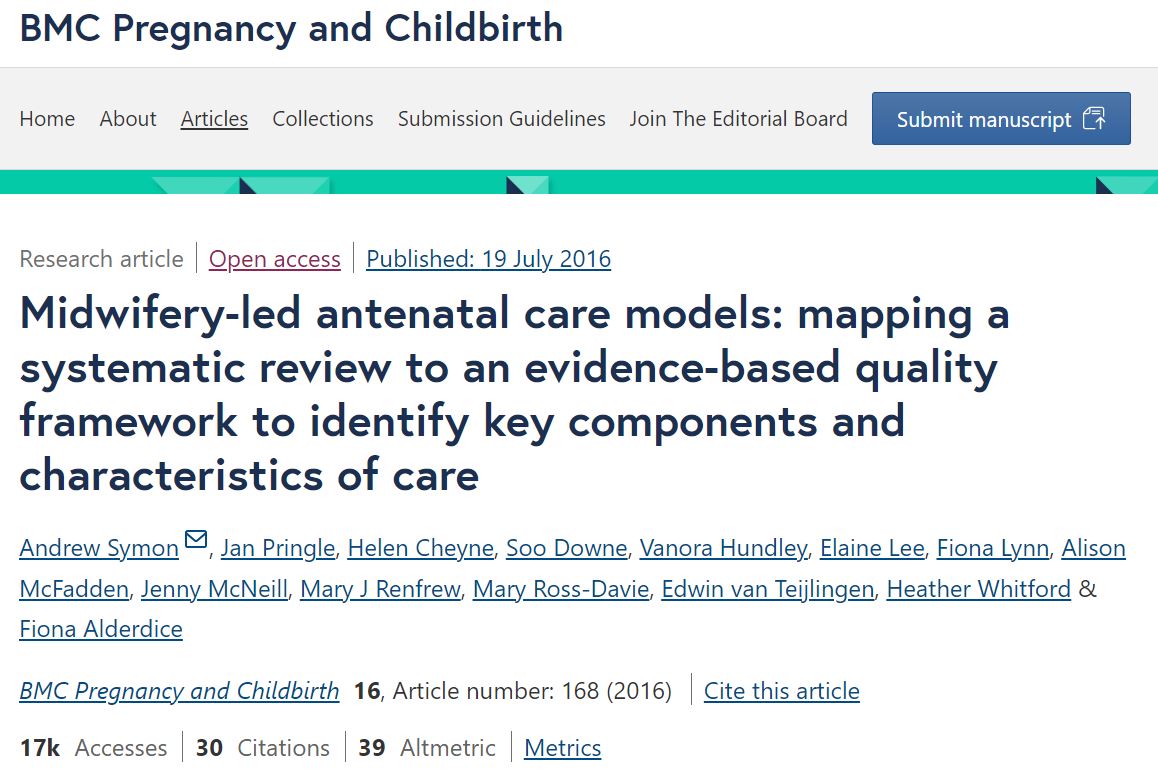
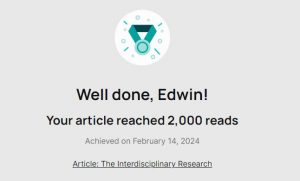

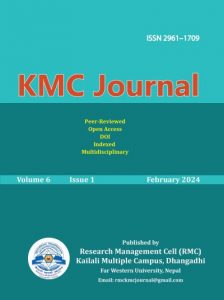

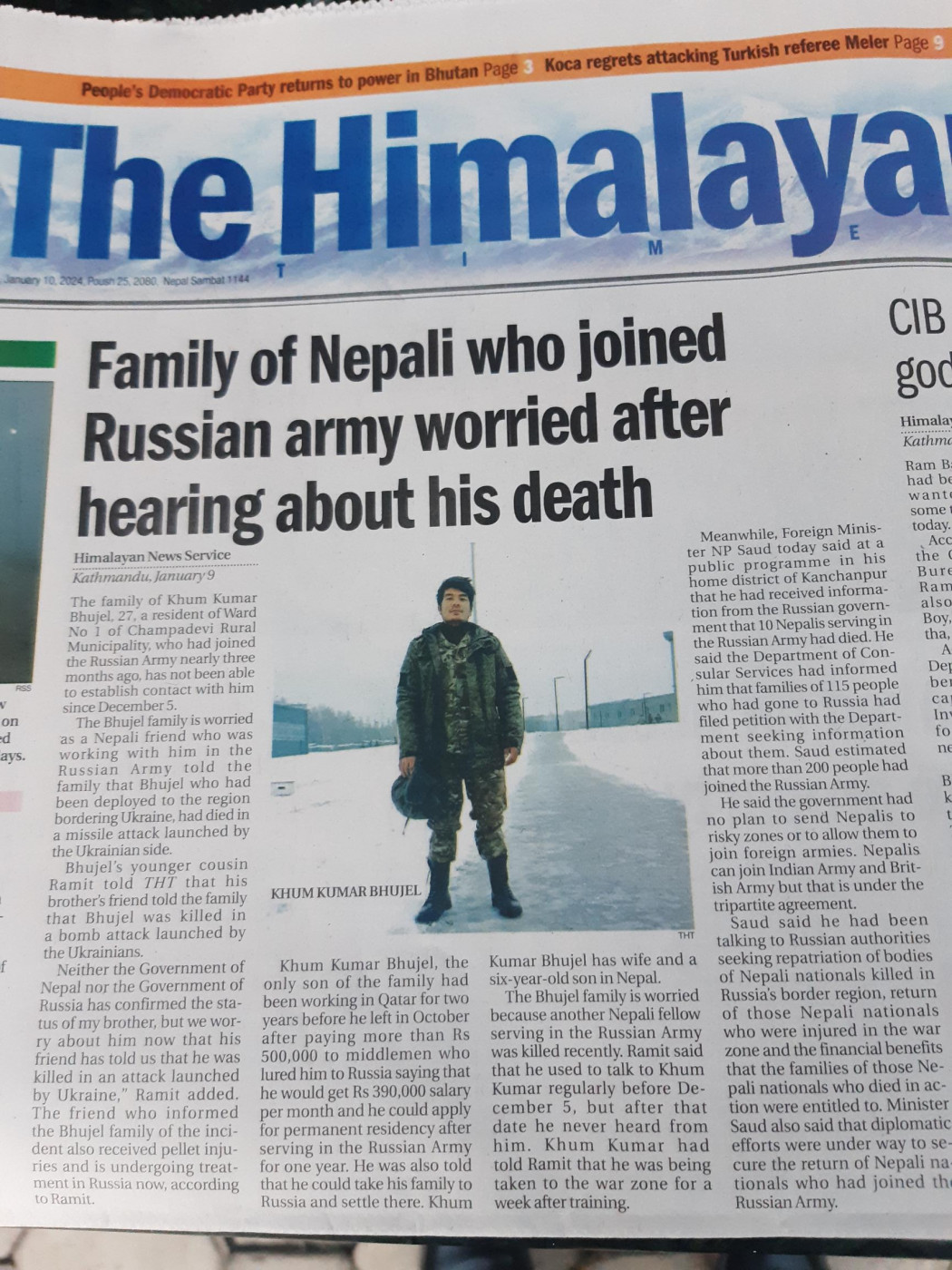
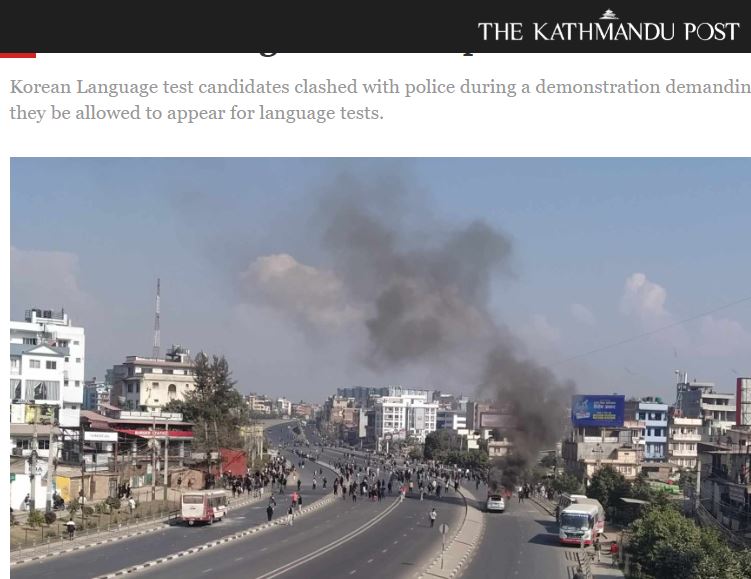
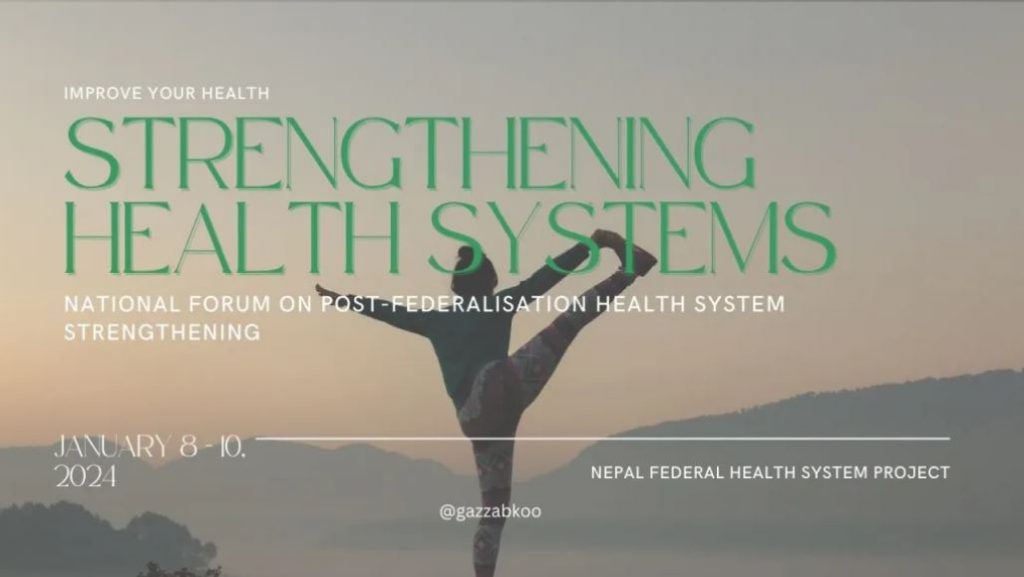

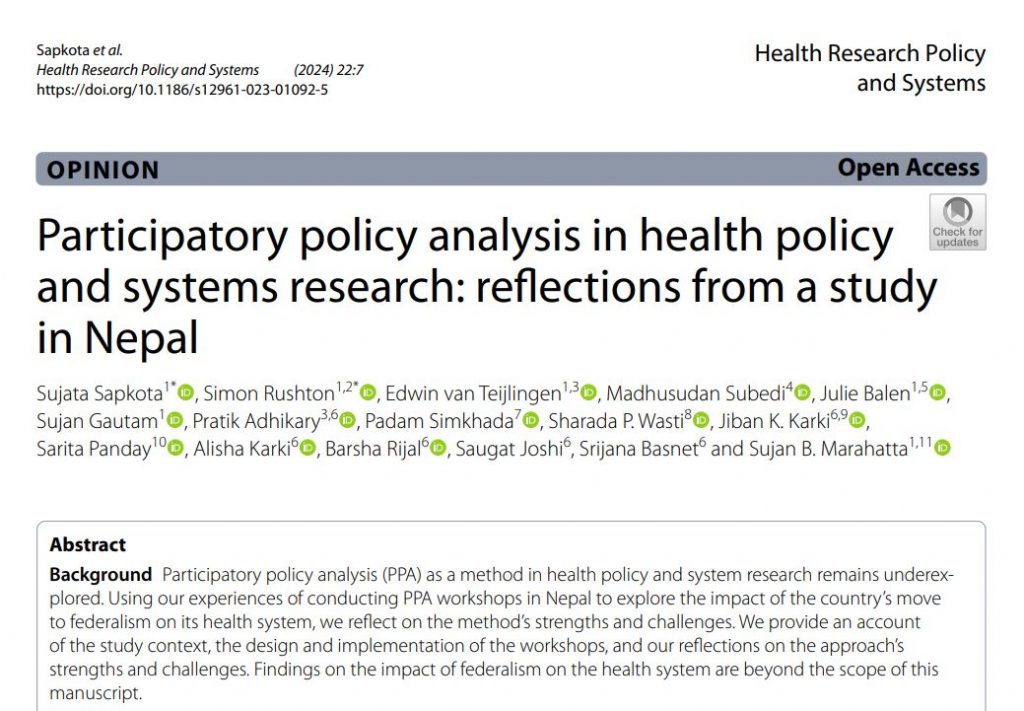
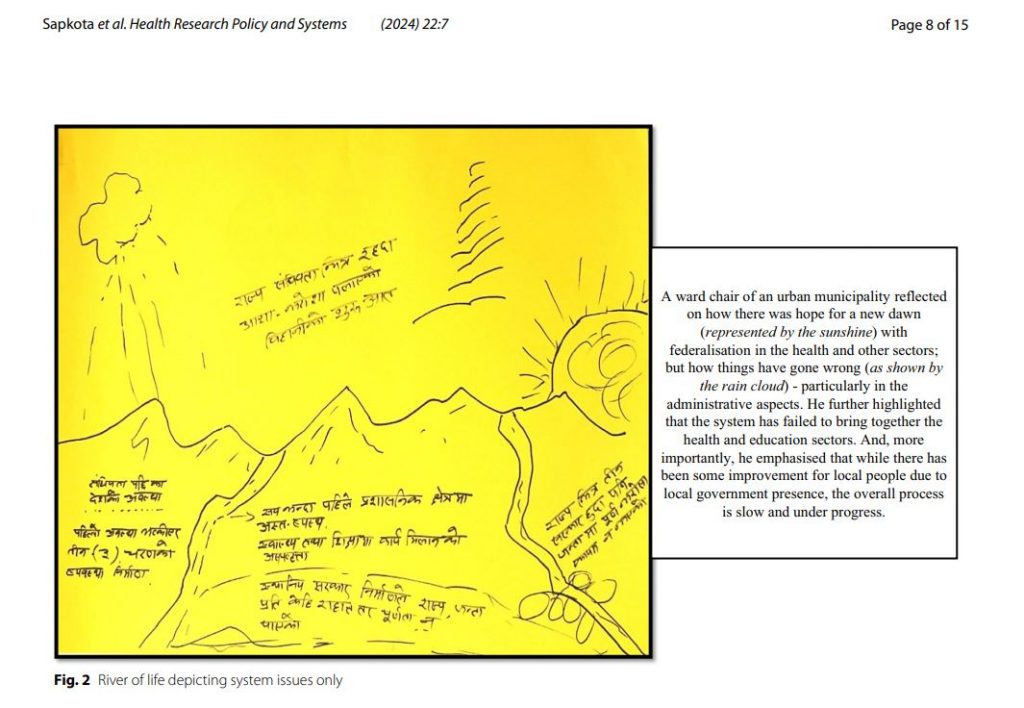
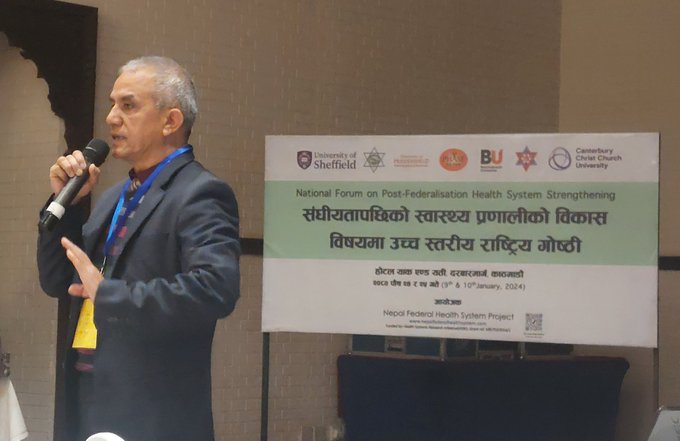
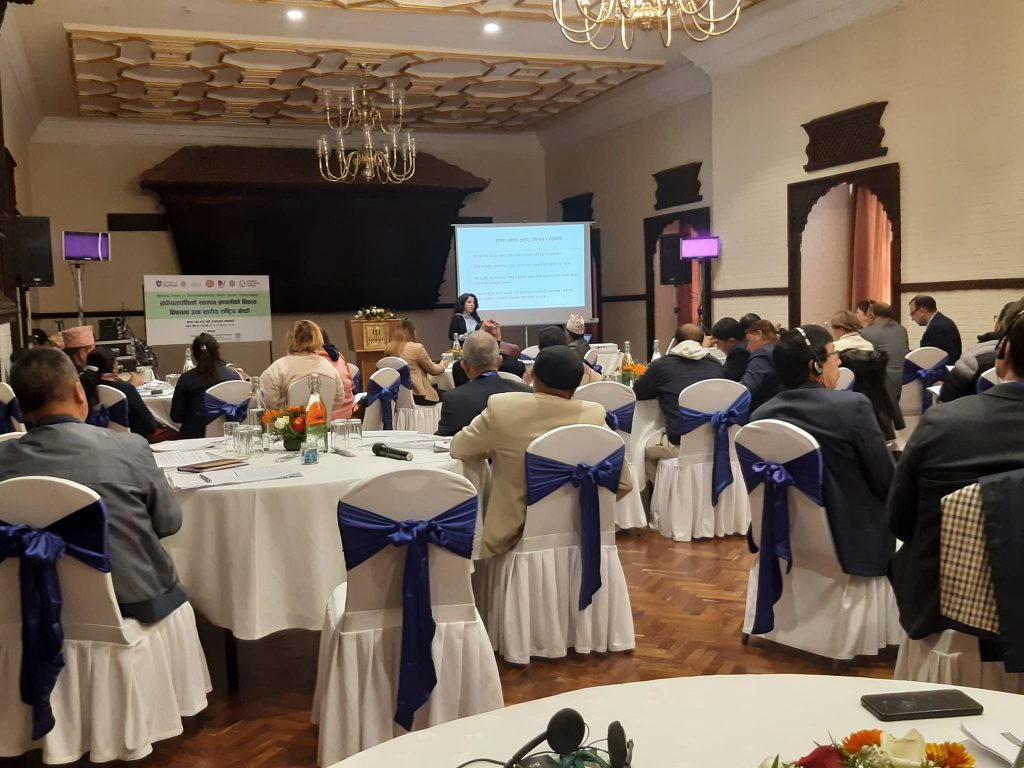
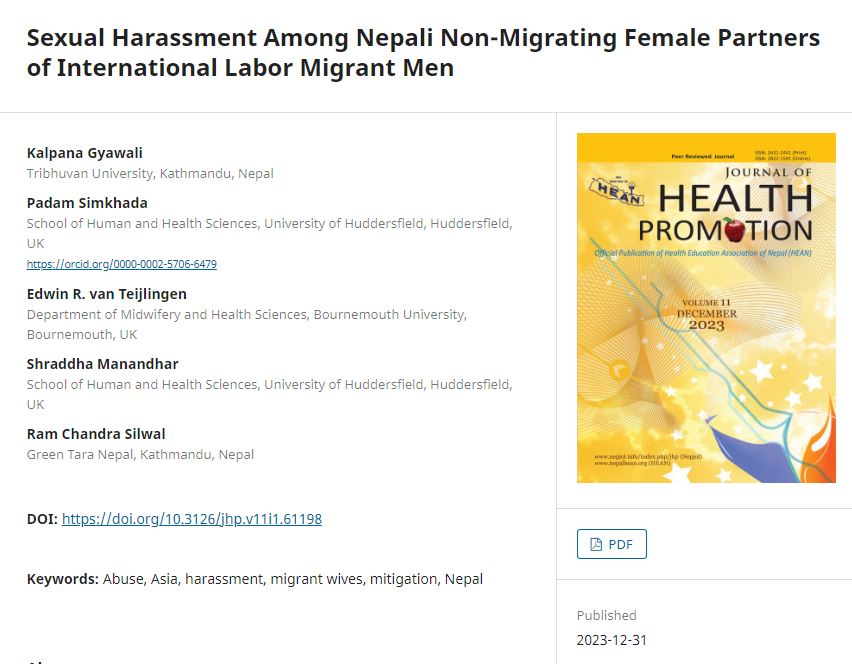


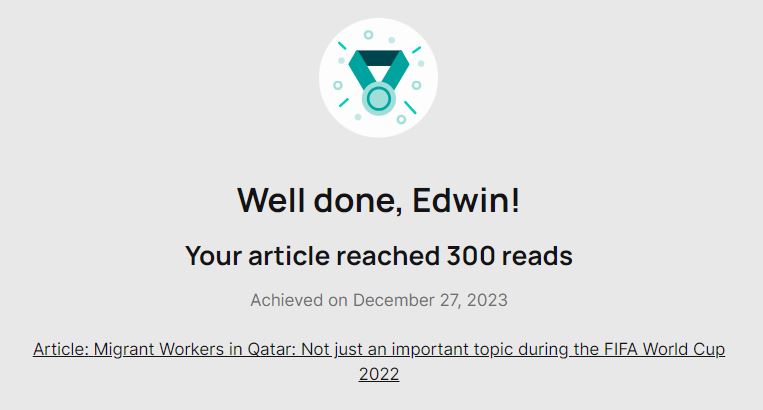
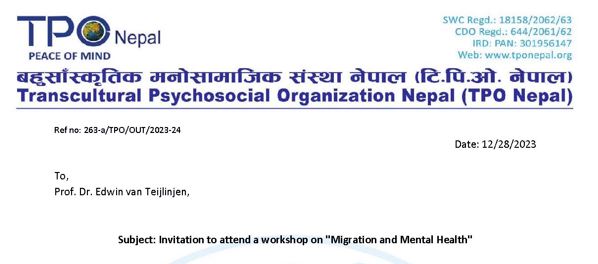
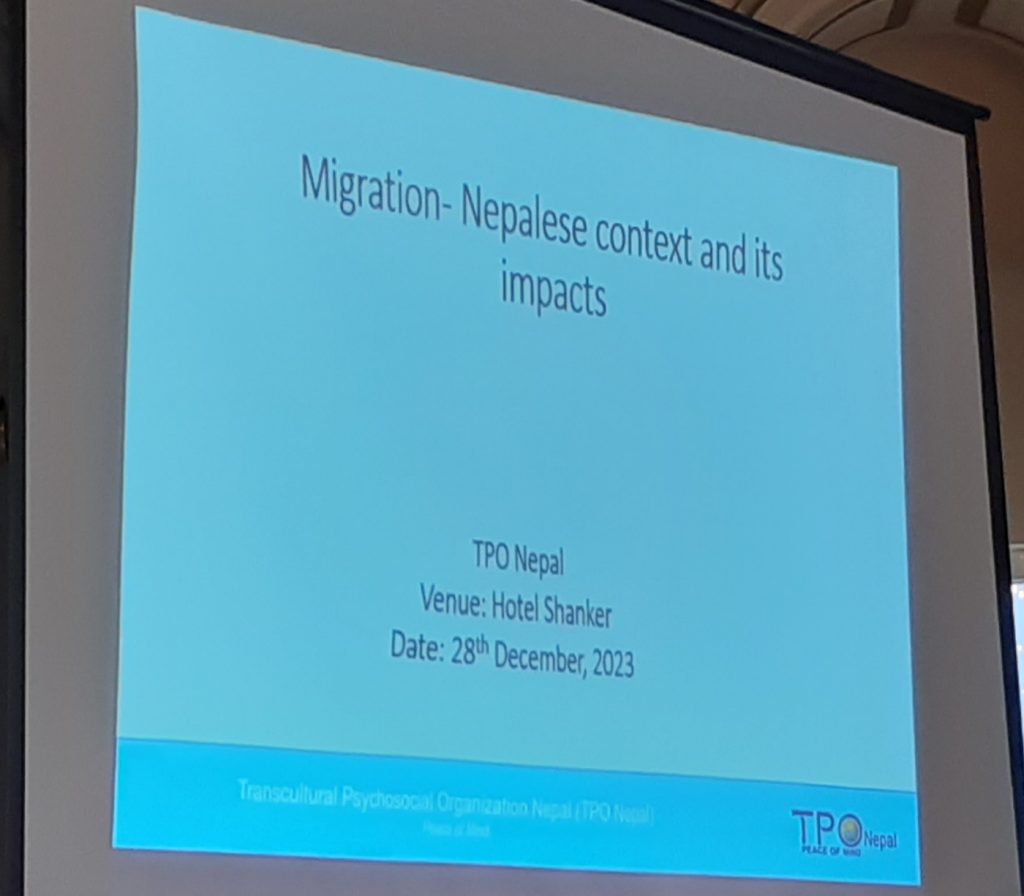
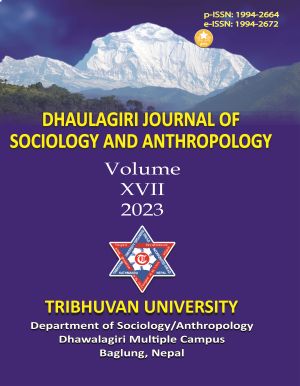
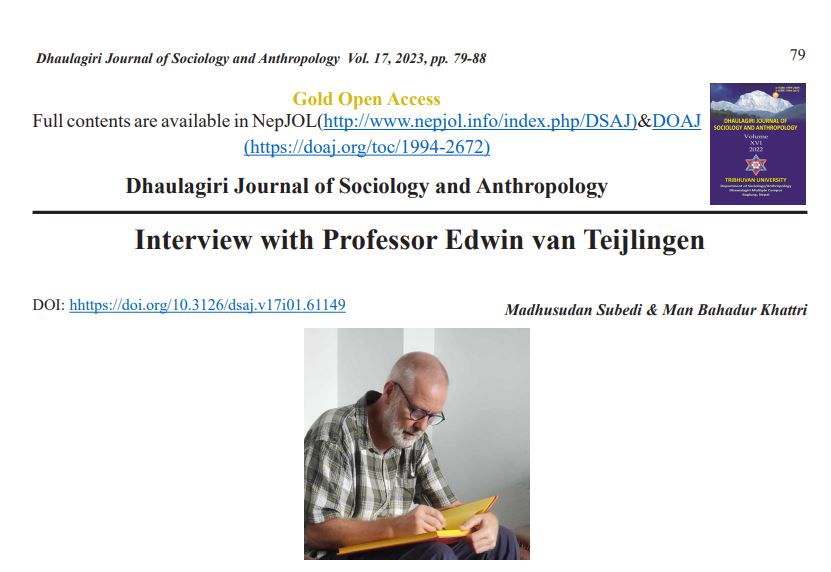
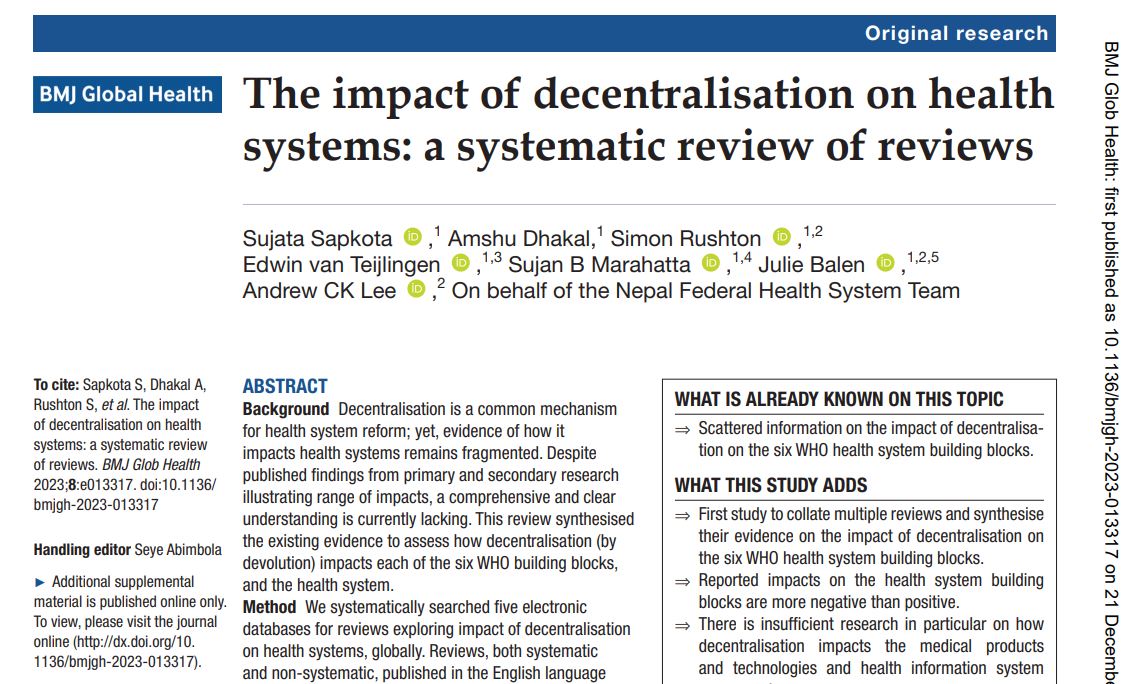
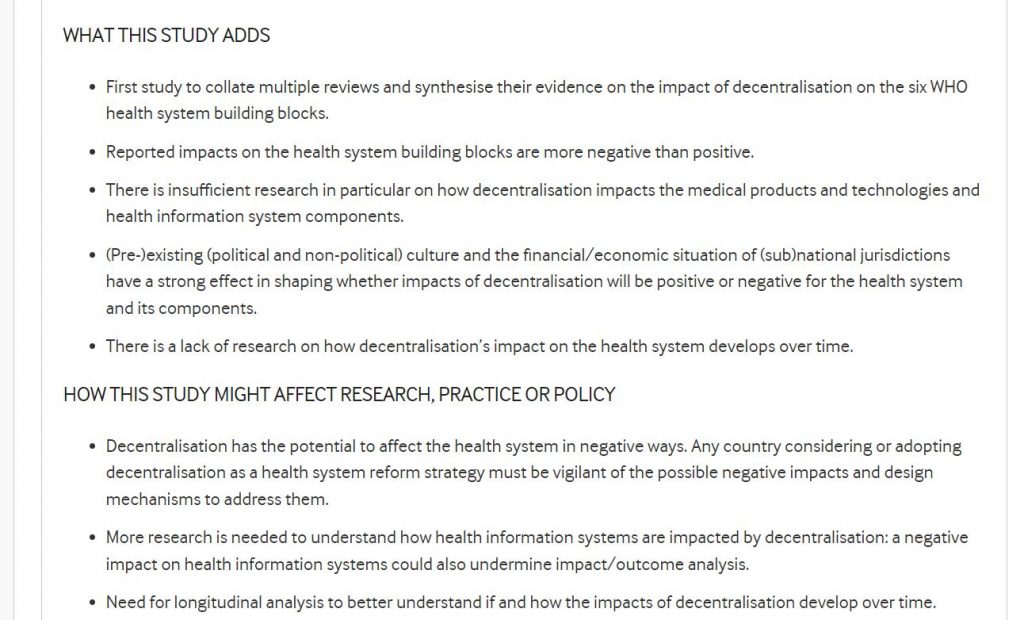











 Final Bournemouth University publication of 2025
Final Bournemouth University publication of 2025 On Christmas Day in the Morning…
On Christmas Day in the Morning… New Nepal scoping review on maternal & neonatal health
New Nepal scoping review on maternal & neonatal health Fourth INRC Symposium: From Clinical Applications to Neuro-Inspired Computation
Fourth INRC Symposium: From Clinical Applications to Neuro-Inspired Computation ECR Funding Open Call: Research Culture & Community Grant – Application Deadline Friday 12 December
ECR Funding Open Call: Research Culture & Community Grant – Application Deadline Friday 12 December MSCA Postdoctoral Fellowships 2025 Call
MSCA Postdoctoral Fellowships 2025 Call ERC Advanced Grant 2025 Webinar
ERC Advanced Grant 2025 Webinar Horizon Europe Work Programme 2025 Published
Horizon Europe Work Programme 2025 Published Horizon Europe 2025 Work Programme pre-Published
Horizon Europe 2025 Work Programme pre-Published Update on UKRO services
Update on UKRO services European research project exploring use of ‘virtual twins’ to better manage metabolic associated fatty liver disease
European research project exploring use of ‘virtual twins’ to better manage metabolic associated fatty liver disease